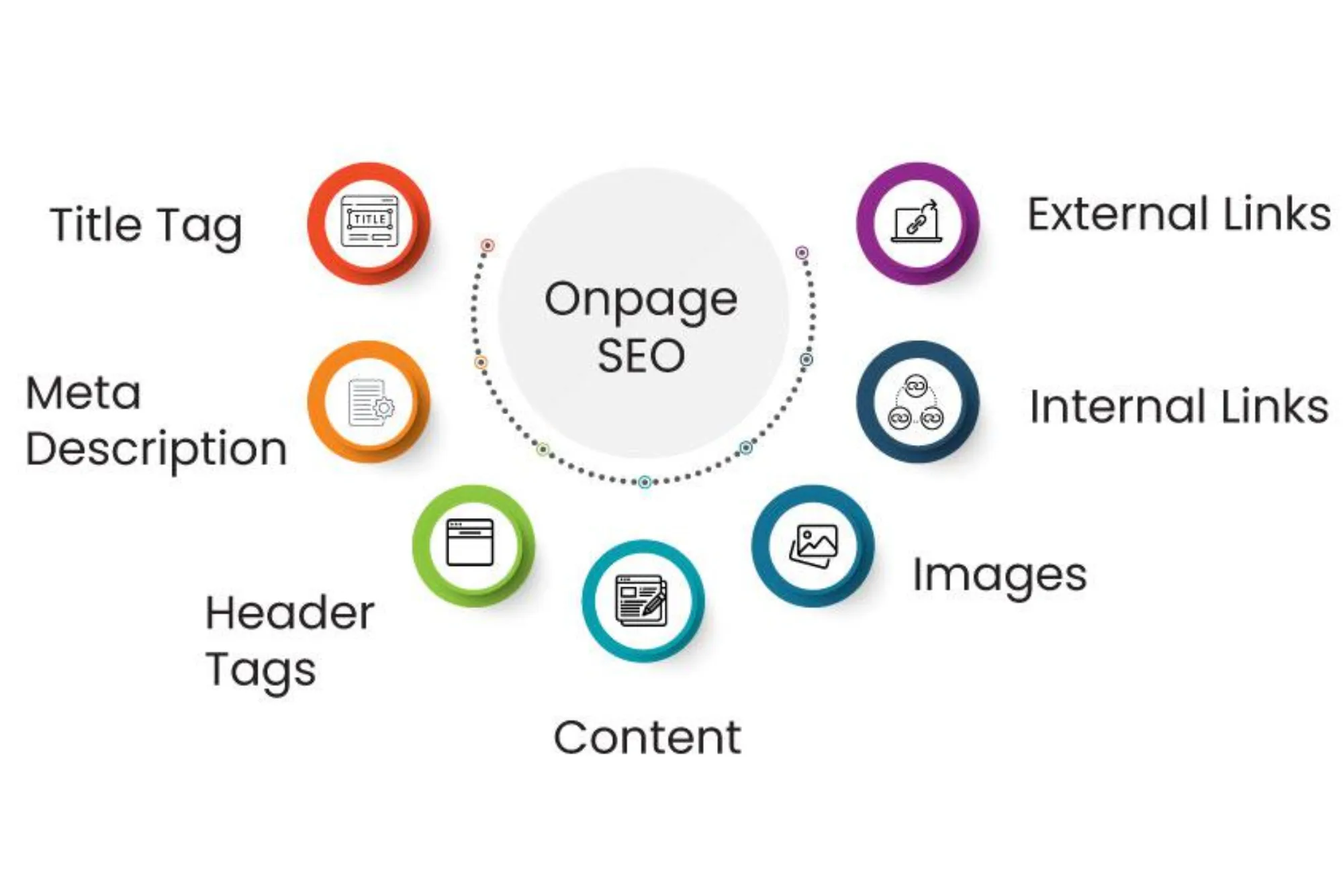Achieving success in Search Engine Optimization (SEO) is vital for the online visibility and growth of any business. Measuring SEO success involves evaluating various metrics that reflect the effectiveness of your SEO strategies. Understanding these metrics allows businesses to refine their tactics and achieve better results.
Key Metrics to Measure SEO Success
Organic traffic is one of the most straightforward indicators of SEO success. It refers to visitors who find your site through unpaid search results. SEO review tools like Google Analytics can help track the growth of organic traffic. The quality of this traffic is crucial; high-quality traffic means visitors are genuinely interested in your content, which can lead to higher engagement and conversions.
Keyword Rankings
Keyword rankings are a fundamental aspect of SEO. Tracking the performance of your target keywords over time can provide insights into your site’s visibility on search engines. SEO review tools such as Ahrefs and SEMrush offer comprehensive tracking features, allowing you to monitor shifts in keyword rankings and adjust your strategy accordingly.
Bounce Rate and Dwell Time
Bounce rate measures the percentage of visitors who leave your site after viewing only one page, while dwell time indicates how long visitors stay on a page. These metrics are essential for understanding user engagement. High bounce rates and low dwell times may signal that your content isn’t meeting user expectations. By analyzing these metrics, you can improve your content to better engage your audience.
Tools for Measuring SEO Success
Several SEO review tools are available to help track and measure SEO success. Google Analytics provides detailed insights into website traffic and user behavior. Tools like Ahrefs and SEMrush offer advanced features for keyword tracking, backlink analysis, and competitive research. Using these tools effectively can help you monitor and enhance various aspects of your SEO strategy.
Conversion Rates

Conversion rates are a critical metric for assessing the effectiveness of your SEO efforts. They measure the percentage of visitors who complete a desired action on your website, such as making a purchase, filling out a contact form, signing up for a newsletter, or downloading a resource. High conversion rates indicate that your site not only attracts visitors but also effectively persuades them to take specific actions that benefit your business.
Conversion rates are essential because they directly impact your return on investment (ROI). Even if your site attracts a significant amount of traffic, it won’t contribute to your business goals unless visitors convert. Thus, improving conversion rates should be a primary focus of your SEO strategy.
Setting Up Goals and Tracking
To measure and improve conversion rates, it is essential to set up specific, trackable goals using SEO review tools. These tools offer functionalities that help you define and monitor conversions, providing insights into how your SEO efforts translate into tangible results.
Using SEO Review Tools for Goal Setting
Google Analytics
One of the most popular SEO review tools, Google Analytics, allows you to set up conversion goals easily. You can define goals based on various user actions, such as completing a purchase, filling out a form, or spending a specific amount of time on a page. By setting up these goals, you can track the conversion rates for each and analyze the data to understand user behavior.
SEMrush
Another powerful SEO review tool, SEMrush, offers comprehensive conversion tracking features. It helps you monitor the performance of your landing pages and identify which keywords and sources drive the most conversions. By analyzing this data, you can optimize your content and campaigns to improve conversion rates.
Ahrefs
Ahrefs, known for its robust backlink analysis, also provides tools to track and measure conversion goals. It enables you to see how your organic traffic converts into leads or sales, offering valuable insights into the effectiveness of your SEO strategy.

Backlink Profile
A strong backlink profile is essential for SEO success. Backlinks are links from other websites to your site, and they serve as a vote of confidence in your content. SEO review tools can help you analyze the quality and quantity of your backlinks, providing insights into how your site is perceived by search engines.
Building Quality Backlinks
Building high-quality backlinks requires a strategic approach. Focus on acquiring links from reputable websites relevant to your industry. One effective strategy is to collaborate with local businesses, such as typing centres, which can serve as valuable sources of backlinks. These partnerships can enhance your site’s authority and improve your SEO performance.
Technical SEO Performance
Technical aspects like site speed and mobile-friendliness significantly impact SEO. Fast-loading sites and mobile-friendly designs enhance user experience and improve search engine rankings. Tools like Google PageSpeed Insights can help you measure and improve these technical elements.
Crawlability and Indexing
Ensuring that search engines can crawl and index your site is crucial for SEO success. SEO review tools can identify issues that might hinder crawlability, such as broken links or duplicate content. Addressing these issues helps ensure that your site is fully accessible to search engines, improving your overall SEO performance.
User Experience and Engagement
User experience (UX) plays a significant role in SEO. Search engines prioritize websites that offer a good user experience, which includes fast load times, easy navigation, and high-quality content. Metrics like page load time and mobile responsiveness are critical indicators of UX.
Improving User Engagement
Enhancing user engagement involves providing valuable content, intuitive design, and a seamless user experience. Analyze user behavior data to understand how visitors interact with your site and identify areas for improvement. High engagement levels can lead to better rankings and increased conversions.
Local SEO Success
Local SEO focuses on optimizing your site to attract local traffic. It involves strategies that improve your visibility in local search results, such as Google My Business listings and local keyword optimization. Metrics specific to local SEO include local search rankings and customer reviews.
Optimizing for Local Search
To optimize for local search, ensure your business information is consistent across all online platforms. Engage with local communities and businesses, such as typing centre to build local backlinks and improve your local SEO performance. These efforts can enhance your visibility and attract more local customers.
Measuring SEO success involves a comprehensive approach that includes tracking various metrics and using SEO review tools to analyze data. By focusing on organic traffic, keyword rankings, conversion rates, backlinks, technical performance, and user engagement, businesses can continuously refine their SEO strategies and achieve better results. Staying updated with the latest trends and technologies in SEO measurement is essential for ongoing success.









